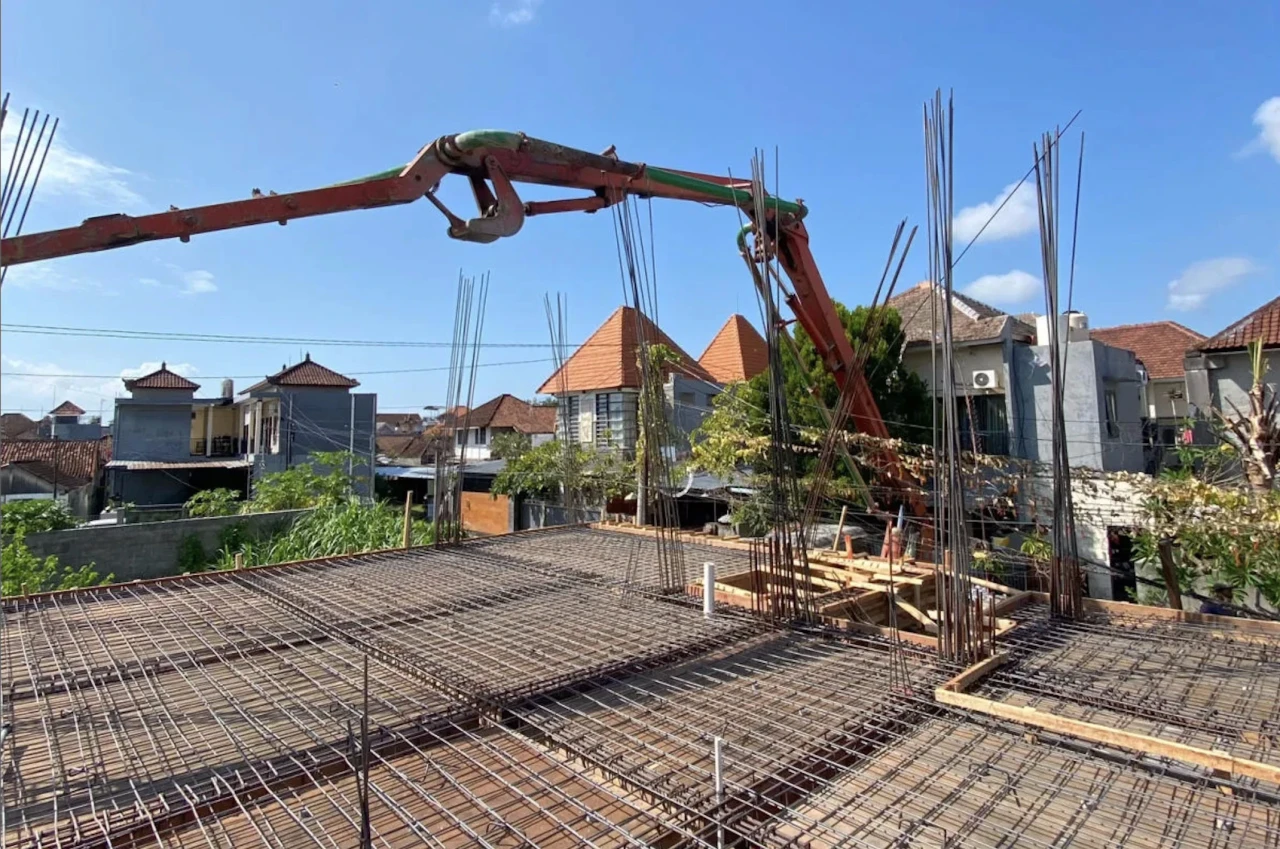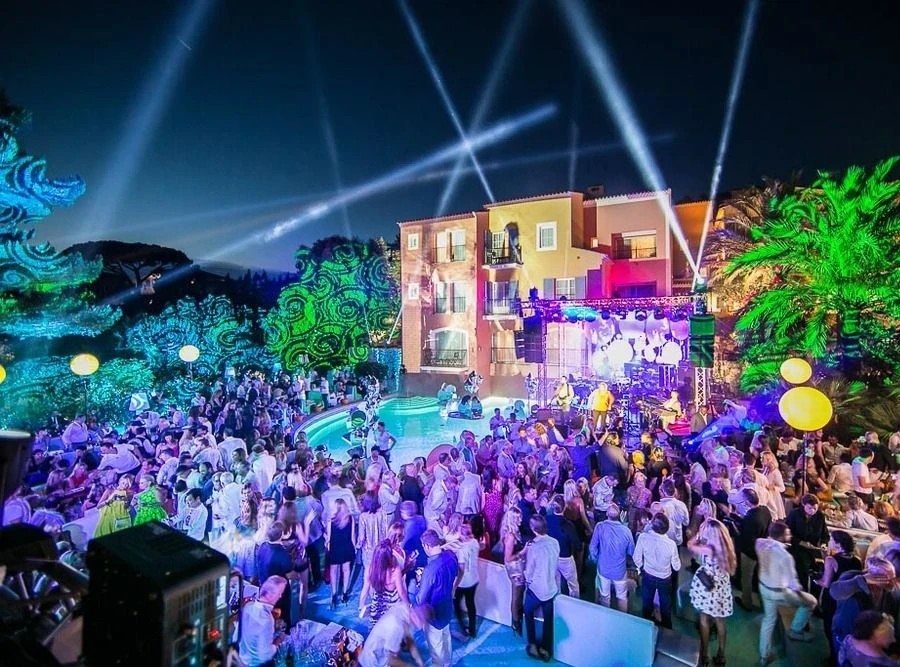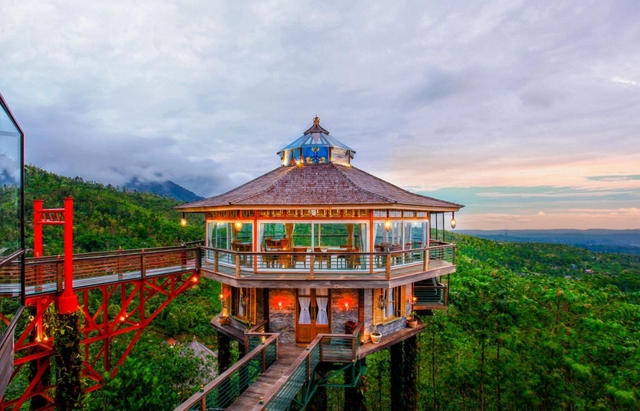The interim governor of Bali, Sang Made Mahendra Jaya, believes that a ban on commercial construction is necessary in densely populated areas of the island, such as Denpasar, Badung, Gianyar, and Tabanan. The central government is currently reviewing this plan, and details may be announced soon.

Initially, there was discussion of a 1-2 year moratorium on the construction of hotel complexes and nightclubs. Officials believe this would be enough to improve the quality of tourism, address overdevelopment, and preserve the island's unique culture. However, Coordinating Minister for Maritime Affairs and Investment, Luhut Pandjaitan, mentioned that the moratorium could extend to 5-10 years if deemed necessary, depending on the central government's assessment.
The governor also noted that around 200,000 foreigners currently reside on the island. He believes the increase in expats contributes to problems such as crime, overdevelopment, and competition for jobs with locals. He pointed to viral videos on social media showing tourists behaving inappropriately as evidence of this.
The overdevelopment issue isn't solely due to Bali's high tourist numbers; it's also a result of poor regulation of land use. Currently, there is no unified system or agency to properly manage land distribution and regulate commercial development. This has led officials to propose the moratorium as a temporary solution to stop rice fields from being converted into commercial lands.
"I was shocked as an official: I just saw on TikTok that a cliff collapsed due to construction, and in Tabanan and Denpasar, another large beach club popped up that we didn't even know about. I'm simply stunned," said Mahendra.
The Bali provincial government hopes that after the central government's discussions, a presidential decree will be issued to put the moratorium into effect.
An urban and spatial planning professor from Udayana University, Putu Rumawan Salain, explained that this policy has been a long time coming. He referenced a similar proposal made during the tenure of former Bali governor I Made Mangku Pastika (2008-2018). This time, he believes the moratorium should not remain a mere discussion but should be implemented.
"It must clearly define what the moratorium covers. Later, if hotels are not allowed but tourist cottages are permitted, that would be misleading," he added.
Salain confirmed that, according to the latest data, Bali sees around 1,000 hectares of land being converted for tourism purposes each year. As a result, oxygen production has decreased, and cities are becoming hotter.
Experts agree that the impact of a moratorium on Bali would be significant, though in the short term, it is unlikely to affect tourists. The island's most popular resorts already have plenty of available accommodations.



You can add one right now!